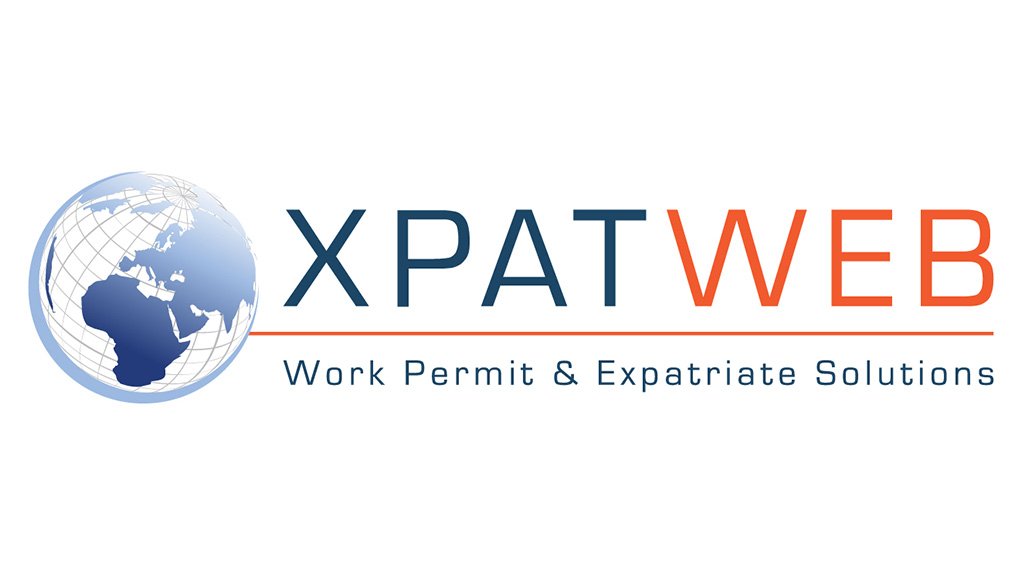On 29 May 2025, the Department of Employment and Labour published South Africa’s White Paper on the National Labour Migration Policy. The document outlines government’s official approach to managing cross-border labour mobility and sets the framework for how foreign skills will be accessed in the future.
For multinationals and large corporates operating in an increasingly global talent market, the policy introduces important developments and highlights areas where ongoing engagement between government and business remains essential.
These are the four areas for business to take note of:
1. Critical Skills Attraction Strengthened — With Policy-Backed Efficiency Gains
The White Paper reinforces the importance of attracting and retaining international talent and continues to position the Critical Skills List as central to this effort. Notably, the Department of Home Affairs has already implemented the Points-Based System, which replaces the need for labour market testing in Critical Skills and General Work visa applications.
This is a welcome development and significantly streamlines the application process for recognised skills and qualified expertise. As implementation continues, ensuring consistent interpretation of point allocations and maintaining an up-to-date Critical Skills List will be essential to realising the full benefits of this reform.
2. Quotas Are Coming But Must Be Backed by Real Evidence
The introduction of quotas for documented foreign nationals in certain sectors has long been debated. While business had called for postponement, the White Paper retains the measure, with the important qualifier that quotas must be evidence-based.
This presents both a risk and an opportunity. If informed by credible, real-time labour market data, quotas could serve as a useful planning mechanism. However, without accurate and timely information, the risk of disrupting access to essential skills cannot be underestimated.
3. Spousal Work Rights: A Game-Changer for Talent Retention
Businesses and foreign professionals alike have been motivating for easing of South Africa’s restrictive stance on spousal work rights, citing it as a barrier to relocation. This has only increased in recent years with the rise in dual careers and remote working. The Xpatweb Critical Skills survey results of 2024 indicate that 96% of corporates and multinationals participating in the survey, advocate for spouses/partners of Critical Skills Visa holders to work upon recognition of their dependent status. The White Paper builds on the previous Labour Migration Policy, opening the door to automatic work rights for accompanying spouses of skilled migrants.
This progressive shift aligns South Africa with global best practices and will significantly improve the country’s ability to attract and retain high-calibre talent, especially in industries where relocating a family is a major decision-making factor.
4. Policy Moves in the Right Direction — Now We Need Real Data
Throughout its submissions, business has consistently called for a robust, integrated Labour Market Intelligence System. The White Paper acknowledges this need and commits to improved data coordination between government departments.
But this remains a weak spot. Without reliable, dynamic data to guide decisions on quotas, skills shortages, or migration pathways, policy risks becoming misaligned with market needs. Implementation of this data infrastructure must now be prioritised.
Final Thought: Now That the Foundation Is There, Business Must Stay Involved
The White Paper sets a constructive policy direction. But policy alone is not progress. Success will depend on how effectively the strategy is implemented, how quickly visa systems are modernised, and how well public-private collaboration functions in practice.
The message to employers is clear: now is the time to review your global mobility strategy, engage proactively with the evolving framework, and ensure you stay ahead in the race for talent.
Written by Marisa Jacobs, Managing Director of Xpatweb
EMAIL THIS ARTICLE SAVE THIS ARTICLE ARTICLE ENQUIRY FEEDBACK
To subscribe email subscriptions@creamermedia.co.za or click here
To advertise email advertising@creamermedia.co.za or click here











